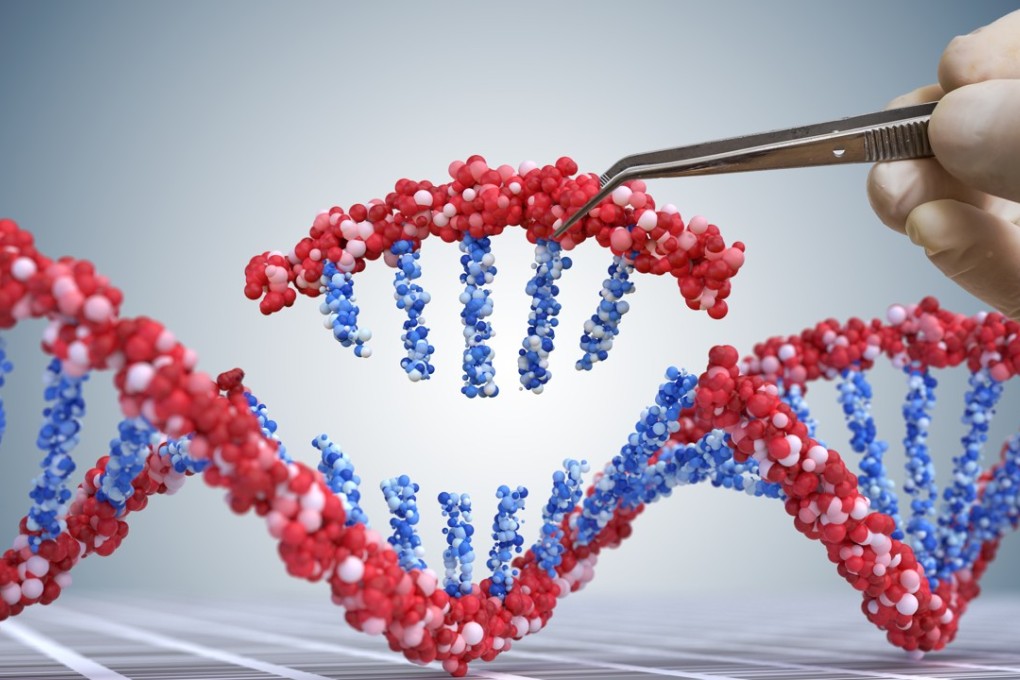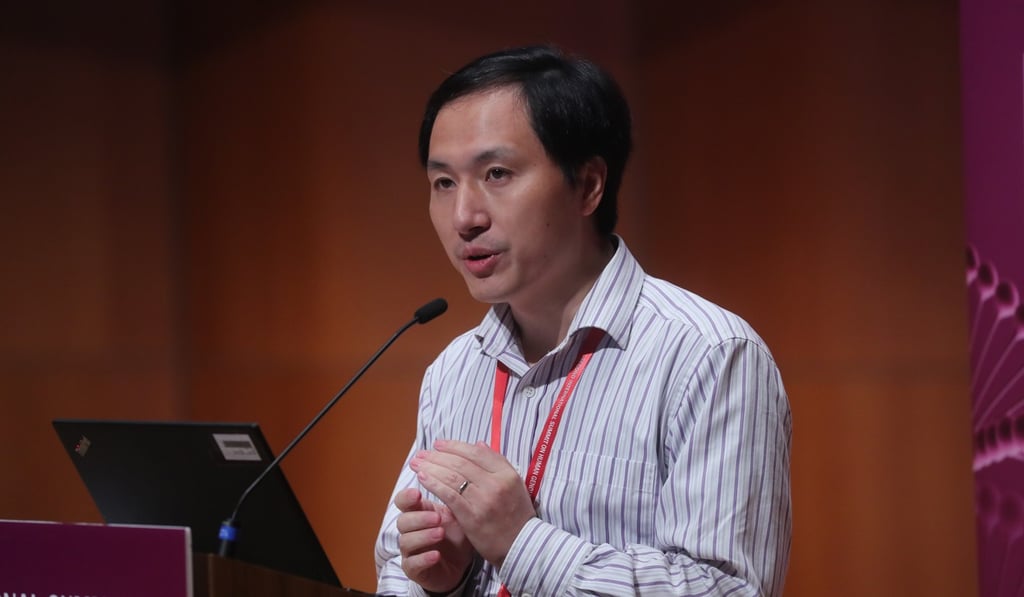Chinese scientist He Jiankui’s gene-edited babies could cause effects that won’t be seen for generations, according to Hong Kong experts
- Scientists and experts at the Second International Summit on Human Genome Editing at Hong Kong University expected to produce formal statement on gene editing
- The whole scientific and medical community believes this happened too early, we have no idea what future risks there may be, scientist says

Hong Kong scientists have warned of far-reaching effects on humans and consequences that will not be seen for several generations after a Chinese scientist claimed he had created the world’s first gene-edited babies.
Dr He Jiankui’s experiment to alter the DNA of twin babies – also known as germ line gene editing – means the changes in those genes could be passed on and inherited by the next generations.
“By doing this, He is changing the human gene pool, we may not be able to see the impact of this until several generations later,” said Dennis Lo Yuk-ming, chairman of Chinese University’s Department of Chemical Pathology.
“Academically, there is no consensus we should be doing this and the technology is not fully there yet … so to do it now, it’s very irresponsible,” Lo said on Thursday, the last day of an international genome summit in Hong Kong.

It was expected scientists and experts would produce a formal statement on gene editing, including what is acceptable and how trials can be regulated.